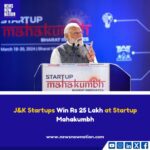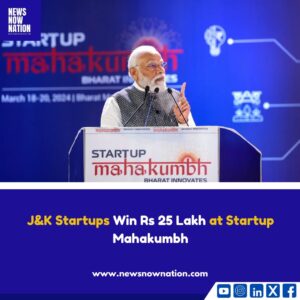
In the intricate tapestry of global geopolitics, the China-Taiwan relationship has long been a source of tension. While political and military implications often dominate discussions, the economic ramifications of this dynamic are profound, especially in industries crucial to the digital era. One such sector that hangs in the balance is the semiconductor industry, a linchpin of technological advancement. This article explores the potential economic impact that the China-Taiwan situation may exert on the semiconductor industry.
Taiwan, home to Taiwan Semiconductor Manufacturing Company (TSMC), is a pivotal player in the global semiconductor supply chain. TSMC is the world’s largest independent manufacturer of semiconductor chips, catering to a vast array of clients, including major technology companies from the United States, Europe, and Asia. China, on the other hand, has ambitious plans to achieve semiconductor self-sufficiency as part of its broader technological ascendancy strategy.
TSMC’s cutting-edge fabrication facilities and technological prowess have positioned Taiwan as the epicentre of semiconductor production. The island nation holds a critical role in the intricate web of global technology supply chains, acting as a key supplier for various industries, including consumer electronics, automotive, and telecommunications. Any disruption in Taiwan’s semiconductor production could reverberate across industries worldwide, impacting the availability and pricing of essential electronic components.
The China-Taiwan relationship has long been characterised by political and military tensions. China considers Taiwan a part of its territory and has not ruled out the use of force to achieve reunification. This geopolitical situation creates uncertainty, leading to concerns about the potential disruption of Taiwan’s semiconductor supply chain. A military conflict or even heightened geopolitical tensions could disrupt the smooth flow of semiconductor production and supply.
Many of the world’s leading technology companies heavily depend on Taiwan for their semiconductor needs. Companies like Apple, Qualcomm, and NVIDIA rely on TSMC for the fabrication of advanced chips that power smartphones, computers, and other electronic devices. Any disruption in the semiconductor supply chain could lead to production delays, increased costs, and potential shortages of popular consumer electronics. This, in turn, could have a cascading effect on the global economy, as the technology sector is deeply integrated into various industries.
The ongoing geopolitical tensions have prompted some technology companies to reassess their dependence on Taiwanese semiconductor manufacturers. Some are exploring diversification strategies, seeking alternative suppliers or considering onshoring semiconductor production to reduce vulnerability to geopolitical risks. Such shifts could reshape the global semiconductor supply chain, with potential winners and losers emerging in the semiconductor manufacturing landscape.
Governments and industry stakeholders are cognizant of the potential economic impact of the China-Taiwan situation on the semiconductor industry. Efforts to bolster domestic semiconductor production, enhance supply chain resilience, and promote international collaboration are gaining traction. Policymakers are exploring ways to incentivize semiconductor research and development, production, and talent acquisition to ensure a more robust and resilient global semiconductor ecosystem.
The economic impact of the China-Taiwan situation on the semiconductor industry is multifaceted, with potential repercussions echoing across global supply chains. As geopolitical tensions persist, industry players and policymakers alike must navigate these complexities to ensure the continued growth and stability of the semiconductor sector. Collaborative efforts, strategic investments, and innovative solutions will be essential to mitigate risks and foster a resilient semiconductor industry capable of weathering geopolitical storms.











